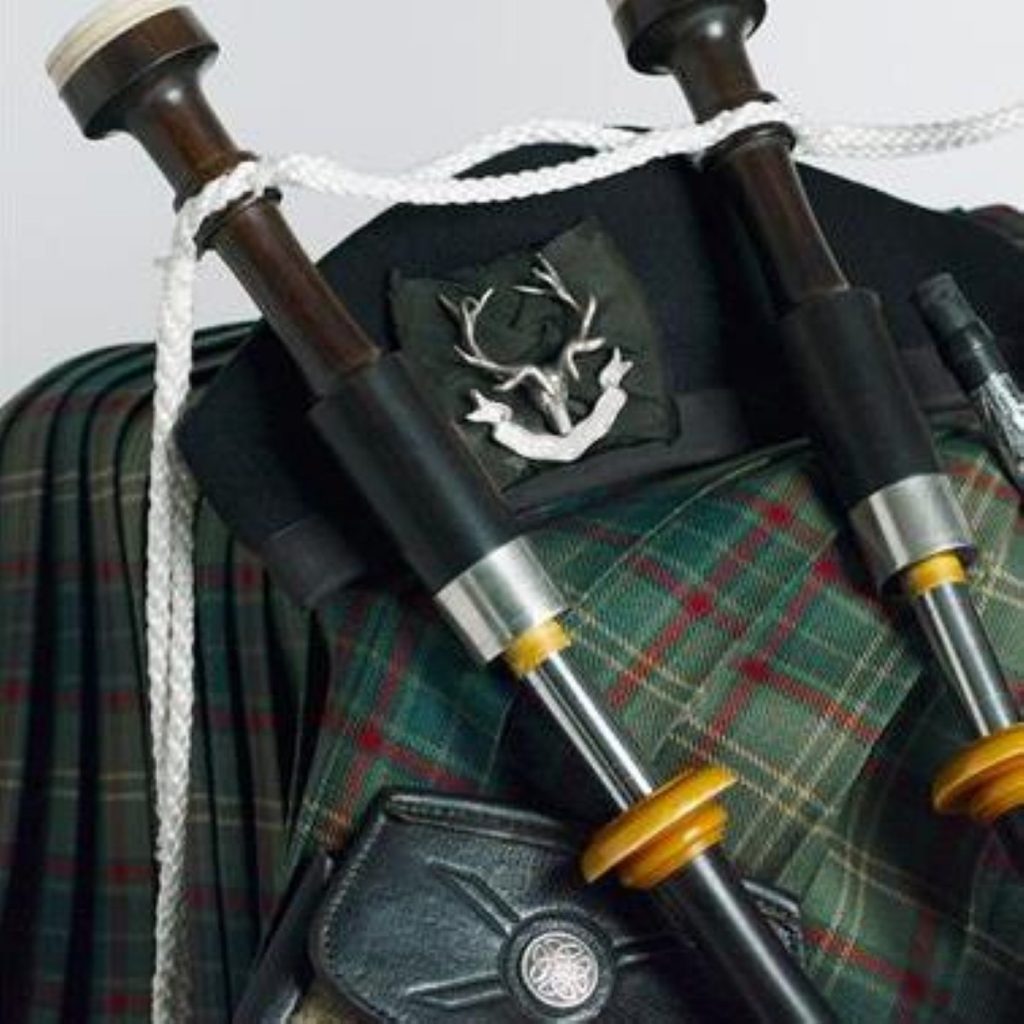Mandelson makes kilt U-turn
Business secretary Lord Mandelson appears to have made a U-turn on plans to protect Scottish kilt-makers from cheap foreign versions.
Plans for an ‘origin marking scheme’ for the kilts are currently in limbo in the European Commission, where the Scottish textile industry’s calls for the mark are opposed by a variety of consumer groups.
“This appears to be a tale of two Mandelsons, and I can only guess that his ermine robe has turned his head,” said SNP MEP for Scotland Alyn Smith.
“We are seeing more and more retailers importing foreign knock-offs and passing them off as quality items made in Scotland by skilled craftspeople. They are not, and by selling them the retailers are in fact undermining the very garment they claim to be promoting and Scotland gets none of the jobs, none of the production and none of the revenue to boot.”
When Lord Mandelson was originally asked, as trade commissioner, for his opinion of the proposals in April of this year, he wrote: “I firmly believe that our proposal is in favour of European consumers, including small and medium-sized enterprises, and would serve, among others, the interest of traditional Scottish textile producers.”
But a recent response to queries to the Department for Business, Enterprise and Regulatory Reform (BERR), which Lord Mandelson runs, indicates the former spin-doctor has adopted the British government’s opposition to the scheme.
The statement reiterates the line that the government “has strong reservations about the current proposal”.
“Commissioner Mandelson was most helpful in advising me and the Scots textile industry to use the ‘origin marking scheme’ to define and protect the Scottish kilt.
He said it is ‘good not only for consumers but businesses as well’ so for Lord Mandelson to now simply repeat the simply uninterested London line is a bit odd,” Mr Smith added.
The kilt has been worn by Highland Scots since the 16th century, but came to be associated with Scotland more generally since the 19th century.





-01.png)